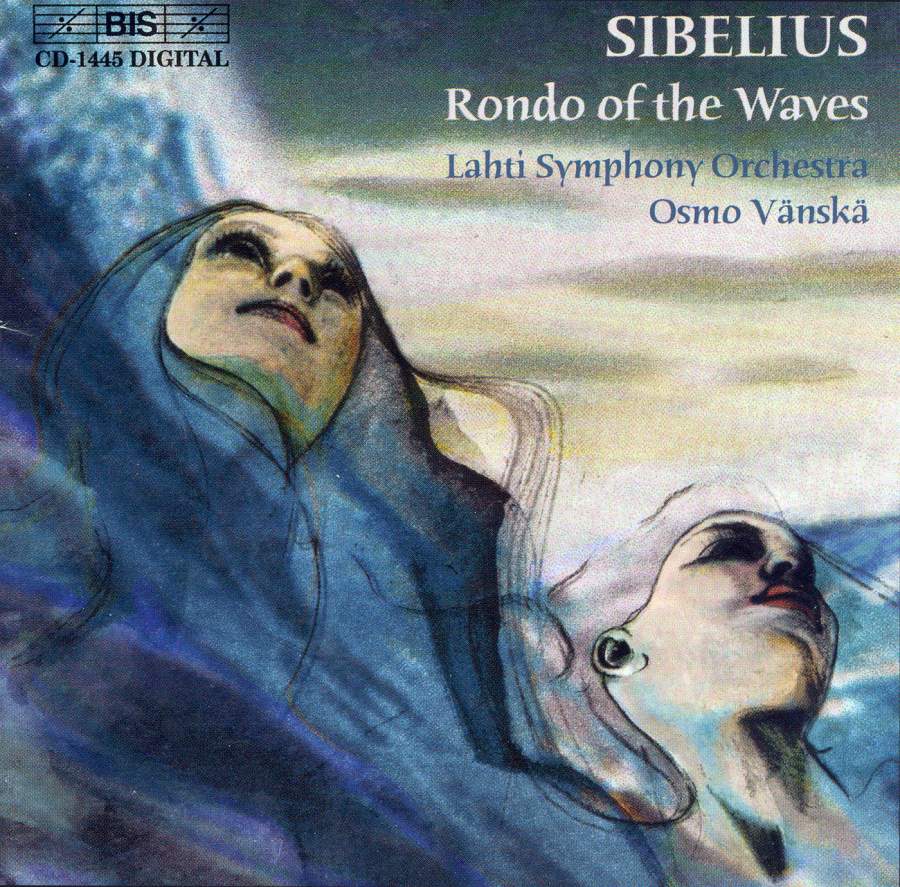

But whenever you have the time, I'd very much like to know what you're referring to.īruckner was definitely an influence especially in Sibelius's early works, and there are some traces later on, for example Sibelius's liking for tremolando strings. Good heavens! There's no hurry, and of course first things must come first. Indeed, it's one of Sibelius's most dynamically restrained symphonies.

Could you provide a link to the recording you heard and spot the minute/second when it occurs? I've just listened to the symphony again, in the extraordinary 1953 Karajan/Philharmonia recording (the first one I bought it's on YouTube), and didn't hear anything that fits your description. Having another listen later I realized that some of it does, indeed, come across as bombastic exaggerated importance by empty means.Īpart from scolding you for talking over the music instead of attending to it, I'd like to know precisely what passage you're talking about. We were talking and suddenly there was a (what appeared to me gratuitously) loud surge and shouting brass playing and we both looked at each other. But you definitely have to start from the first symphony to get into the composer's aesthetic to fully appreciate/understand what you're hearing.īelle wrote:It might not have occurred to me to use that term had a friend not been here on Saturday morning when I had Symphony #4 (I was using jserraglio's link of the complete symphonies) playing from computer through to hi-fi. But much else of those works, from what I've so far heard, is appealing. Clearly, I don't think those passages work because they are akin to yelling. Having another listen later I realized that some of it does, indeed, come across as bombastic exaggerated importance by empty means. It might not have occurred to me to use that term had a friend not been here on Saturday morning when I had Symphony #4 (I was using jserraglio's link of the complete symphonies) playing from computer through to hi-fi. I mean 'bombastic' in the sense that at times it can be loud and brassy. "Bombastic"? How so? My dictionary defines bombastic as "given exaggerated importance by artificial or empty means," and I certainly don't hear that in Sibelius's symphonies, which are among the most organically symphonic since Brahms. (Abbado in his Berlin recording observes tempo and they whiz past ineffectively to my ears.) Same with the cymbal crashes in the Scherzo of Mahler VII, during which Bernstein suspends tempo in his NY recording for Columbia in order to allow the sound to decay in the hall for each note, even though they are written as two eighth notes without a fermata. In Prokofiev V, for instance, Bernstein leans on the penultimate chord in the first movement, which, while not indicated in the score, makes perfect sense to me musically. John, I'm quite comfortable with Bernstein's subtle interpretive touches here and there: they are partly what makes him a great conductor rather than a bean counter. Well, of course I'm not talking about "contemporary" recordings but all recordings of the symphonies (and, after all, Bernstein's are hardly contemporary.) Have you heard any of the recordings I've just mentioned? They are more in line with my view that this music benefits from an objective though intense and powerful interpretation Bernstein's rubatos and such nuances seem to me overlaid on the music rather than growing out of it. I've heard most of the contemporary Sibelius recordings, including Vanska, yet I still find that I prefer Bernstein for his passion and attention to detail.

MTT did the 3rd with SF and the 2nd with Chicago in 2016, Lintu the 2nd in 2016 (Detroit) and 2010 (New Jersey), Milwaukee the 7th in 2015 and Toledo the 2nd in 2014. Boston performed the 3rd about a month ago (Oramo) and the 5th in 2016 (Andrew Davis). 1, 2, and 5 (Telarc 2002).Īnd broadcasts of the symphonies: Cincinnati performed Nos. Jarvi & Cincinnati did the 2nd (Telarc 2006). Michael Stern & Kansas City recorded The Tempest for Reference Recordings (2008). 6 and 7 (ASO Media 2013) and Kullervo (Telarc 2008). Colin Davis' distinguished late 1970's set with Boston is now on CD.ĭespite the collapse of recording American orchestras, there have been several American recordings in this century, other than Minnesota's. Maazel re-did his acclaimed VPO cycle with Pittsburgh in the early-90s. Leif Segerstam's Sibelius, most of it on YouTube, is another good-sounding contemporary cycle.īesides Bernstein's and Vanska's, there have been a couple distinguished recorded cycles with American orchestras.


 0 kommentar(er)
0 kommentar(er)
